Hey there. Let’s be real for a sec—when you’re constipated, you’re not just a little uncomfortable. You’re bloated, you might be pacing the house, and if you’ve tried a few things already, you’re probably hoping something—anything—will finally “move things along.”
You’re not alone in this. Constipation is something everyone deals with at one point or another (yep, experts agree: around 20% of adults in the US, and plenty more across the globe). And while the internet is chock-full of home remedies constipation articles, not all of them make sense or help you out in a way that actually works.
That’s where this guide comes in. We’ve scoured the best sources, from Houston Methodist to WebMD, and even NHS and Cleveland Clinic—to give you real solutions that you can try without feeling overwhelmed, all grounded in real experience and science.
Let’s get to the good stuff right away.
Diet Fixes That Work
If you’re rolling your eyes because you’ve already heard all about fiber, I get it. But before you skip ahead—this isn’t a rehash of the same tired advice. Let’s put it in terms you’ll actually try, not another tedious pap on wheat bran. Because let’s be honest: that dry cereal sounds more like flavor prison than relieve constipation fast food.
Fruits That Keep Things Moving
Fruits for constipation? Yeah, we’re not just tossing that in for health culture. Prunes aren’t the enemy—they work. But not everyone’s into that old-person jelly texture. Kiwis, though? Now we’re talking.
Here’s why: if your digestion were a car, kiwis serve as turbo fuel. They contain actinidin, an enzyme that keeps things flowing (Natalie Atia from Monash University even looked into it a few years back).
And pears. Let’s not underestimate the power of a good, crunchy pear on a questionable morning. They’ve got sorbitol, natural sugar with a “meh” side effect when you eat too much: it gets things going.
Pro tip? Slice ’em fresh. Stick to two per day if you’re noticing anything different in the bathroom.
Flaxseeds: Quiet, Effective, and Everywhere
Flaxseeds have gone from niche health food to frustrating cereal maze additive. First, the good news: you can unlock real results with just a spoonful.
How? Because they’re loaded with soluble and insoluble fiber. According to Medical News Today, this dynamic duo adds bulk and draws water in—two left hooks to constipation’s jaw.
How to use them:
- Mix 1 tsp with your oatmeal
- Whip in smoothies—apple + kiwi + flaxseeds = magic combo
- Start slow. A sudden overload could confuse your gut
And of course, always follow them with a glass of water. We’re trying to unclog the tailpipe, not block traffic further!
Legumes & Beans—Yes, They Can Help
Yep, beans and lentils are your friends. And before you groan—we know they can be gassy, but good news: they might actually be doing some heavy lifting down there.
In the words of Houston Methodist, chickpeas, black beans, lentils, and the occasional edamame snack could get you back to regularity by bulking up your stool. Try adding them slowly into your meals: toss in a lunch salad, roast up a side of black beans, or run the risk known as hummus breakfast toast (it’s a thing).
Fluid Fixes: It’s Not Just “drink more water”
You’ve heard the advice before. “Drink more fluids.” But let’s add something to that story—because not all fluids do the same thing, and (no shade here) Gatorade ≠ miracle water.
Your Daily Water Goal
Ever counted how much real liquid you drink a day? Odds are—unless you track it, you’re not hitting 2.5L. That might sound like a swimsuit amount, but Bladder & Bowel Community ran the numbers: that’s the line that makes a real difference in gut movement. Try filling a mug twice-daily and at least spacing your sips by 1,001 daily distractions.
Coffee—The Surprising Push
Doctors at WebMD were surprised, too. Turns out, coffee boosts colonic activity. Like mealtime, but without chewing. For some, it actually works faster than sparkling water—go figure.
Still—proceed with moderation. Too much will backfire and dry you out. But a morning brewed cup? Can sometimes work.
Sparkling Water: Not Just for Show
Here’s something that sounds free, harmless, and overrated—then actually helps. Research at Healthline confirms a few things:
- Still water keeps you hydrated
- But sparkling? Relaxes your gut better.
You don’t have to down a tall glass daily—just try 500ml movement after breakfast and one more before bedtime. It’s not effervescent health highlights—it’s subtle science in a refreshing way of helping your plumbing.
Movement Makes a Difference—Science Proves It
No one wants to sit around when their system’s backed up. But think beyond going for a walk just to “stool escape.” Exercise physically signals your gut to contract. Cleveland Clinic researchers say movement “acts as natural rhythm starter” in sluggish guts.
Start with Gentle Walking
Rushing to the gym? Me neither. But you can probably manage a 10-minute walk, right? It doesn’t require special shoes or walking tech—but your gut noticing the difference.
Honestly: slow gastric movement is partly laziness. Your body doesn’t want to constrict unless you remind it you actually live in modern civilization and sitting down for 6 hours isn’t optimal digestion, sorry.
Try Yoga—but Don’t Get Too Stretched
Ayurveda-lovers have been going on about yoga’s colon benefits for ages. The West finally got a clue when Harvard Health reported movements like seated forward bend and wind-relieving pose actually offer real mechanical relief to those backed-up sessions.
List of poses we tried:
| Seated Forward Bend | Pushes abdominal pressure forward. Like a gentle gut shove. |
| Apanasana (Wind-relieving Pose) | Ideal for bloating. Tried it mid-day? Instant calm! |
| Bridge Pose | Root boost for lower gut movement. Can you hold it for 30 seconds? |
Doable in your living room. Minimal props required. And if it backfires? Smooth move back into deep breath mode. Trust: the gut waits for no one, but remember to breathe through it all.
Smart Laxative & Herbal Choices
Let’s get this straight: not every option floats the same way. Some are immediate. Some prefer a flirt with your intestines. And some throw in a warning sign that says: maybe don’t use us daily.
Herbal Teas—Tea Works Better When You Know Why
Let’s talk Senna tea. It’s not fancy Earl Grey. It’s more fierce relative that stimulates peristalsis directly. And trust grassroots reports—you’re better off saving the steep experience for when you’re desperate, not the emergency kind.
Olive Oil—Gentle but Real
Few remedies feel as luxurious as a shot of olive oil in the morning. Ok, so maybe it’s more olive oil smoothie than a resort drink—but it acts as a lubricant. olive oil makes dry, painful stools easier to glide through. Neat, right?
Medical News Today’s research done—a teaspoon of oil on an empty stomach oils the passage, literally, giving your digestion a slicker ride. Just don’t go maxing out the dosage—there has to be limits to sipping oil.
Blackstrap Molasses—Strange Answer, Real Results
If you’ve never considered a thick syrup as part of your digestion play dates… welcome to the club. But blackstrap molasses (not your pancake pour) contains magnesium. What’s magnesium mean? It’s a key mineral that, per University of Maryland’s health team, helps relax your bowel wall.
The downside? It’s sort of like drinking bitterness with a side of vitamins. Take a tsp in warm water if you need a sneak attack before bed.
Stress and Prevention—Not Just Fancy Poo Tension
You might think stress is just a mood word—but when you brainstorm your digestion, even anxiety can be an issue. Your gut doesn’t differentiate source of discomfort—it just knows when your nerves are turned up.
Could Dietary Journals Keep You Regular?
There’s something oddly connecting about tracking what you ate, when, and which bathroom episodes followed. Keep it casual:
- “Still bloating after Chinese takeout?”
- “Does cheese binge = 48-hour bathroom war?”
- “This week’s probiotics practice—bathroom peace or a myth?”
Simple patterns keep you from going “what the heck did I eat last night?” suddenly. Healthline mentions tracking documentation helps spot triggers before you even realize they’re the cause. It might sound oversimplified—but it’s real and functional.
Does Daily Movement Reduce Constipation Odds?
Turns out, walking around and sitting upright can make constipation less likely. A full sitting combo of bad posture + later dinner = slow gut (trust us, Harvard studied it closely).
Keep a Routine—even for Digestive Flexibility
NHS put together a straightforward rule: go to the bathroom around the same time daily—before work, after a walk, in the morning when the instincts are fresher. Detox bathrooms never existed, but listening to your own digestive rhythm? Can be a real ticket out.
Potential Risks: It’s Not Always Remedies
You’ve tried the list. You’ve juiced the lemons. You’ve walked a bit. You’ve even sat on a footstool mid-lemons. But what if this constipation dance isn’t going away?
When Remedies Get Risky
Castor oil doesn’t have a “summer vacation” problem—it has an occasional “pulls too hard and makes you dizzy” problem. Same with senna, elder flower tea, or other stimulant herbal claims. Use them as strategies, not lifestyles. Go too far, and your digestive system can start relying on stimuli rather than doing battle itself.
And Yes—You Can Overdo Laxative Foods
“Eat more prunes” is fine — until prune = daily snack. Food balance is still the missing ingredient if you suddenly drop 6 dried prunes and nothing else into your snack bowl. Play the long game: fiber, exercise, water—laxative foods still play a support role, not the band leader.
Big Takeaways
If there’s a theme here: constipation strikes when we ignore our basics. Water. Time in the bathroom. Movement. Simple foods.
Let’s walk out with one important note: no remedy’s a timeline savior when you’ve got persistent or physically painful issues. WebMD still encourages seeing a doctor if you’re constipated for 3+ weeks with no results. Talk to a friend. Talk to the doc. Get back to normal. Don’t let it snowball into discomfort territory that overshadows your daily life.
We get it—constipation is the private kind of health issue. So if this helped, leave a note. If not? We’re always learning, just like you. Let’s keep words moving here.

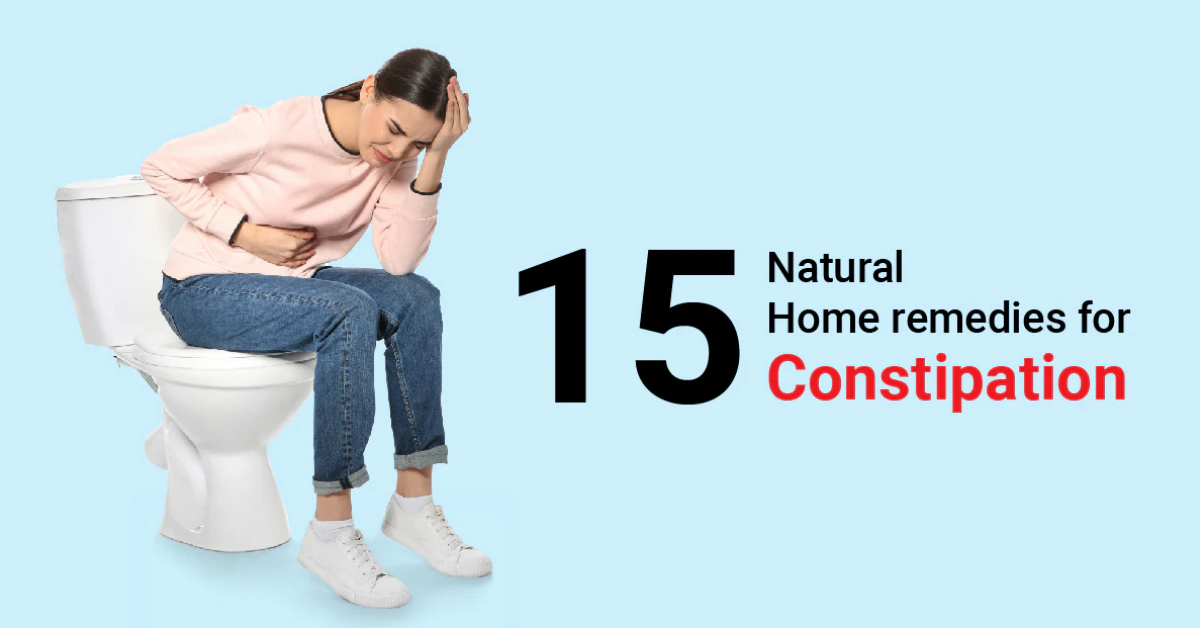
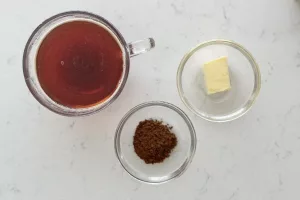
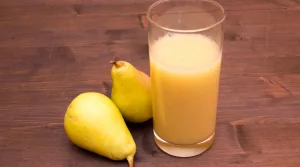

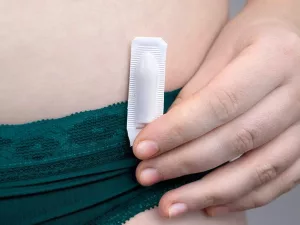
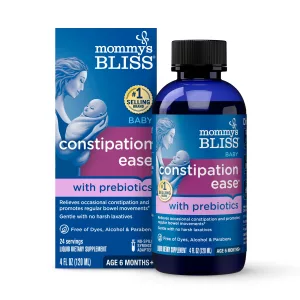
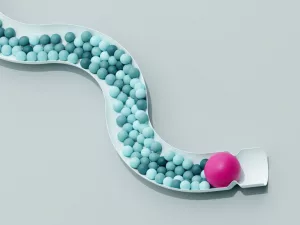
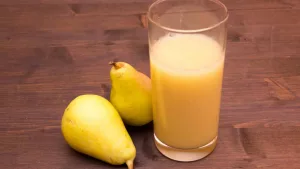








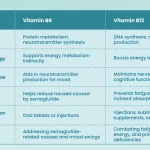

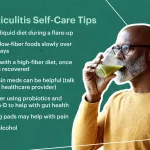





Leave a Reply
You must be logged in to post a comment.